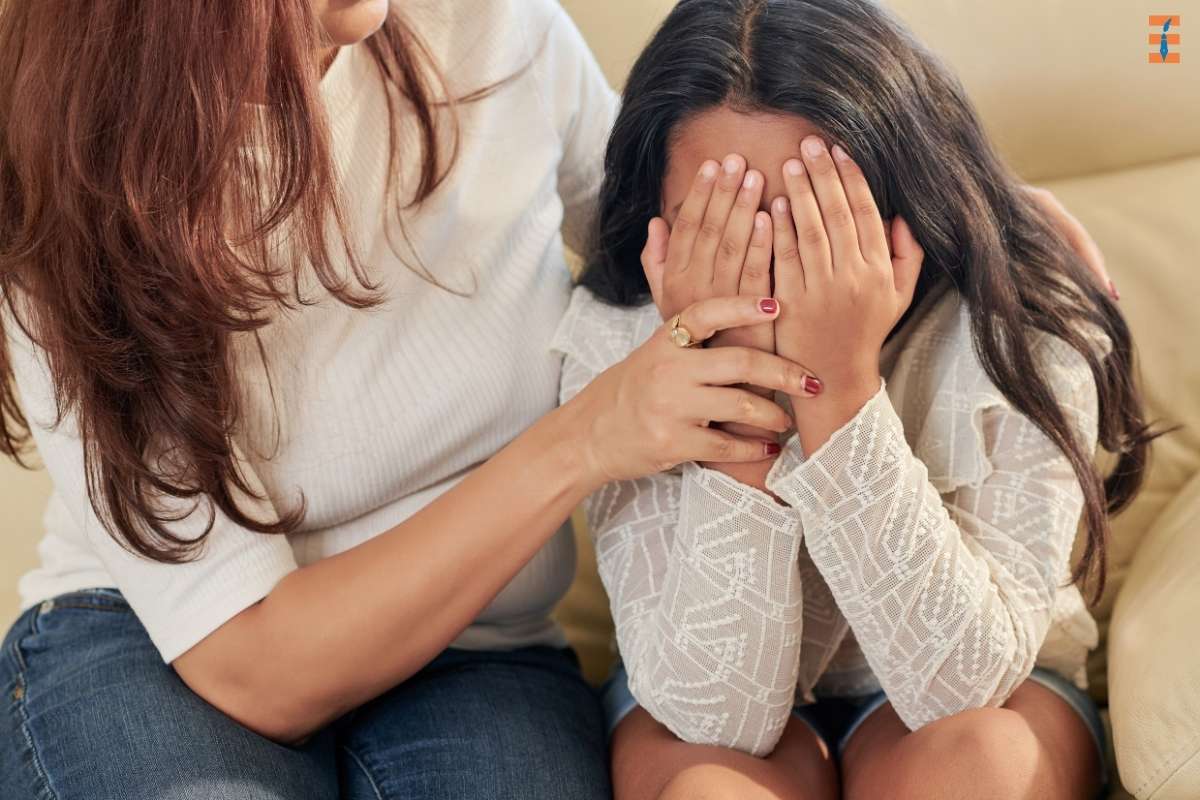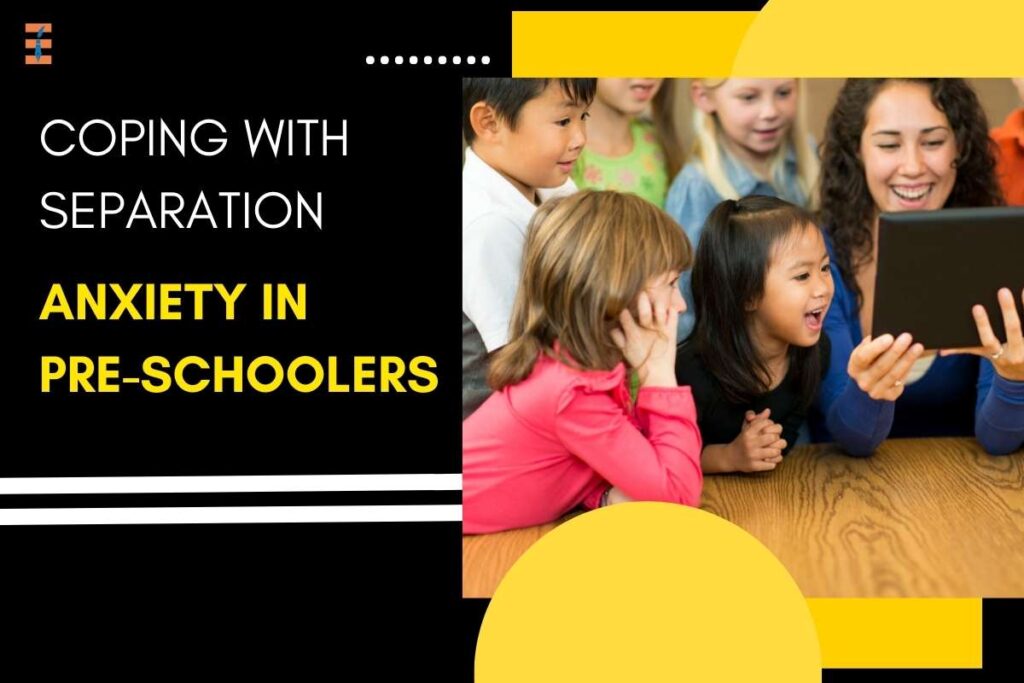The early years of a child’s life are marked by rapid growth and development, both physically and emotionally. One of the common emotional challenges faced during this stage is separation anxiety. Separation anxiety in pre-schoolers can be a challenging experience for both children and parents. However, it can be managed effectively with the right understanding and strategies. In this article, we will explore what separation anxiety is, why it occurs, and provide practical tips for parents and caregivers to help pre-schoolers cope with this normal but often overwhelming emotion.
Understanding Separation Anxiety
Separation anxiety is a natural developmental stage that typically occurs between the ages of 6 months and 3 years. It is characterized by a child’s distress when separated from their primary caregivers, most often their parents. This emotional response is a sign of a strong attachment, which is a crucial part of a child’s healthy development.
During the preschool years, separation anxiety can manifest in various ways, including:
1. Clinginess
Pre-schoolers may become clingier and resist being separated from their parents or primary caregivers.
2. Tears and Tantrums

It’s common for children to cry or have tantrums when facing separation from their loved ones.
3. Fear of Abandonment
Children may worry that their parents will not return when they are apart, leading to feelings of abandonment.
4. Physical Symptoms
Separation anxiety can also result in physical symptoms such as stomachaches, headaches, and trouble sleeping.
Causes of Separation Anxiety
Understanding the reasons behind separation anxiety can help parents and caregivers provide the necessary support to pre-schoolers. Some common causes include:
1. Attachment
Attachment bonds between caregivers and children are still developing during the preschool years. Separation anxiety is often a sign that these bonds are strong and healthy.
2. Cognitive Development
Pre-schoolers are becoming more aware of time and distance. They are beginning to understand that when their parents or caregivers leave, they are physically apart, which can trigger anxiety.
3. Fear of the Unknown
Children thrive on routines and familiarity. A change in their daily routine or a new environment can trigger separation anxiety.
4. Environmental Stressors
External stressors such as starting school, changes in family dynamics, or an unfamiliar environment can contribute to separation anxiety.
Related: Nurturing Mental Health: How Parents Can Support School-Going Children?
How to Help Pre-schoolers Cope with Separation Anxiety
1. Create a Predictable Routine
Establishing a consistent daily routine can provide a sense of security for pre-schoolers. Knowing what to expect helps reduce anxiety. Make sure to communicate the schedule with your child, so they know when you will be together.
2. Gradual Separations
If your child is starting preschool or daycare, begin with short separations and gradually increase the duration. This allows the child to become accustomed to being apart from you in a less overwhelming way.
3. Reassurance and Comfort

Provide verbal reassurance that you will return and that you love them. Offer a comforting object like a favorite toy or blanket to help them feel secure in your absence.
4. Familiar Caregivers
Whenever possible, leave your child with caregivers or teachers they are familiar with. Seeing a trusted face can make the transition easier.
5. Practice Separation
Practice short separations at home. Leave your child with a family member or a close friend briefly. This helps them become more accustomed to being away from you.
6. Goodbye Rituals
Develop a special goodbye routine that your child can expect each time you leave. A wave, a hug, or a secret handshake can make parting easier.
7. Stay calm and Positive
Children often pick up on their parent’s emotions. If you remain calm and positive during separations, your child is more likely to feel secure. Avoid showing your anxiety.
8. Stay Connected

Some children may find it comforting to have a small photo of you or a family picture with them. You can also use technology to stay connected through video calls during longer separations.
9. Empathize with their Feelings
Validate your child’s feelings by acknowledging their anxiety. Let them know that it’s okay to feel sad or worried when you’re apart, but reassure them that you will always come back.
10. Socialization Opportunities
Encourage your child to interact with other children in playgroups, classes, or social events. This helps build their social skills and confidence, making separations less intimidating.
11. Seek Professional help
If your child’s separation anxiety is severe, persistent, or interfering with their daily life, consider seeking guidance from a child psychologist or counselor. They can provide specialized strategies and support.
12. Stay Informed
Read books or attend parenting classes on the topic of separation anxiety. Gaining a deeper understanding of the issue can help you implement effective strategies.
Conclusion
Separation anxiety is a normal part of a child’s development, indicating a strong attachment to their caregivers. While it can be challenging for both parents and pre-schoolers, it is an essential emotional milestone. By implementing the strategies mentioned above, parents and caregivers can help their children cope with separation anxiety in a supportive and loving manner. Remember that with time, patience, and understanding, most children naturally outgrow this phase and become more comfortable being apart from their loved ones.










